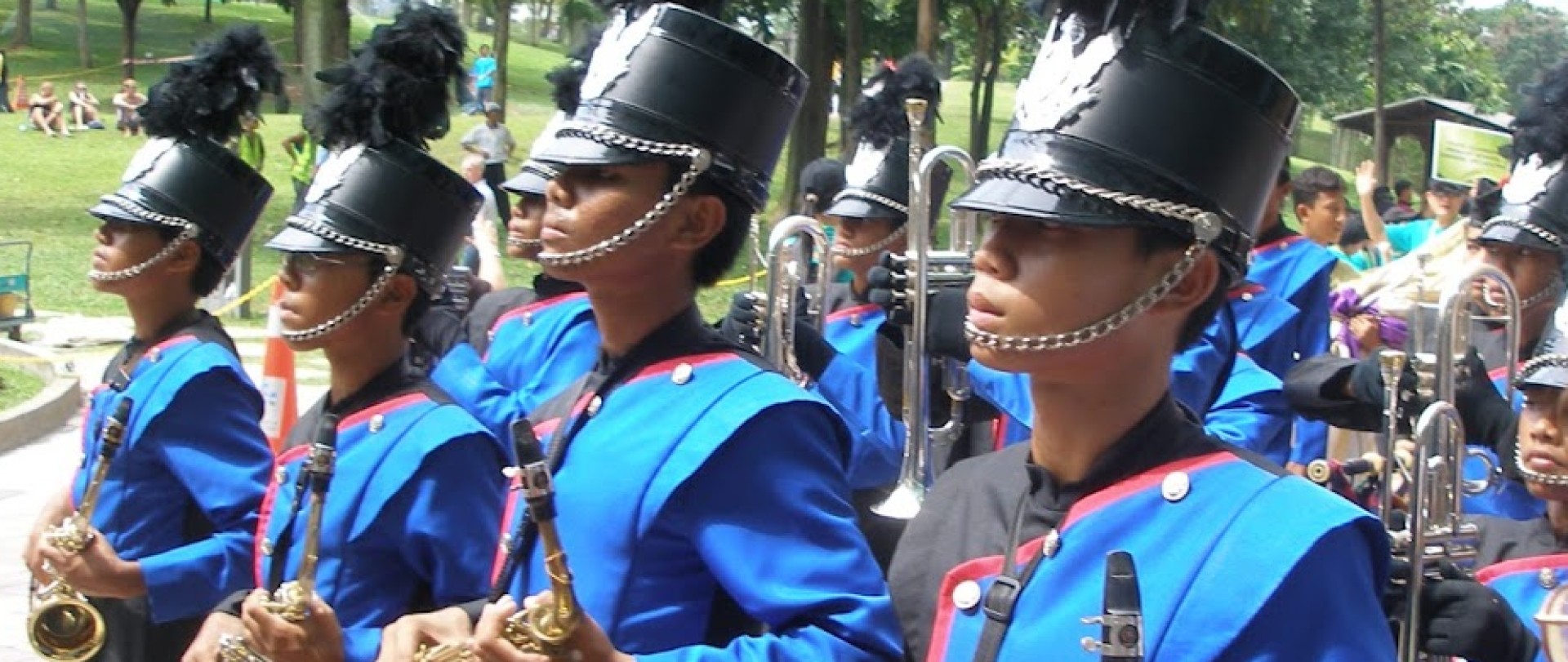TOPICS follows high standards for publication ethics as outlined by the Committee of Publication Ethics (COPE). Editors and members of the editorial board continually monitor and safeguard adherence to these ethical standards. If any instances of ethical misconduct are detected, they will be addressed in accordance with COPE guidelines.
Author Responsibilities
TOPICS does not publish articles that are under review for other journals. In submitting an article to TOPICS for review, the author certifies that it is not under review elsewhere. Authors retain the copyright and accept sole liability for the content of the article, releasing the MayDay Group and its members from liability for any actions resulting from the content and use of the material published. If plagiarism (including self-plagiarism) is detected at any point, the article will not be published until the issue is resolved. Depending on the severity of the plagiarism, the article may be permanently rejected, and it may be necessary to contact the author’s employer/institution.
It is also the author’s responsibility to ensure that appropriate permissions are granted for the publication of copyrighted materials (e.g., images, artwork). If the article includes original qualitative or quantitative data (in any format, including audio and video), authors will ensure that they have both followed common ethical standards and met any specified IRB requirements for maintaining privacy and otherwise protecting participants from physical and mental harm. Authors will also include a funding acknowledgement if applicable.
While TOPICS encourages submissions from authors in any location, the editorial team recommends that authors writing in English as a second language who are unsure about the quality of their written English have their manuscripts checked by a native English speaker before submission. This will ensure that the submissions can be judged exclusively on academic merit. You can do this by:
- Asking a native English speaking colleague to check your work.
- Using one of many available third party editorial services.
Please note that having your work language edited does not in any way endorse your work for publication—your edited manuscript will still be subject to the same editorial assessment at the submission stage.
Peer Review and Editing
TOPICS submissions are subject to a rigorous process of double anonymous peer review. Final publication decisions rest with the editor (in light of reviewer recommendations). Reviewers are tasked with ascertaining the degree to the which the article aligns with the Aims and Scope of the journal and meets standards for critical and theoretical depth. Reviewers should also provide feedback on the extent to which the research is situated within the context of current scholarly conversations in music education, including the use of appropriate references.
Reviewers or anyone else involved in the editorial process will hold the authors’ work in strict confidence and will not plagiarize or otherwise appropriate authors’ ideas, reasoning, and analyses. It is also expected the reviewers and editors will be objective in their decisions and recommendations. Any conflicts of interest must be disclosed to the editor. Reviews generally include multiple pages of narrative and constructive feedback to the author(s) and a recommendation to publish as is, publish with minor revisions, publish with major revisions (in which case the reviewers will have an opportunity to review the revised manuscript), or to not publish the article.
Editors retain full responsibility to either publish or not publish an article. If any editor has a conflict of interest or clear bias against a given article or author, they will defer to other editors any major editorial decisions, including moving the article through the double anonymous peer review process. Given the limited size of the music education scholarly community, it is common for editors and reviewers to be personally acquainted with authors and their research. Editors will carefully balance the need for expert reviews with the necessity of avoiding any perceptions of bias in the review process. Reviewers who have outside knowledge about an author’s potential identity can conduct the review if they do not believe that they will bring significant bias to the process. Reviewers who do not feel that they can conduct a fair, balanced review should decline the invitation.
Guest editors may be invited for special issues of TOPICS. In these instances, guest editors will take responsibility for the review process. They will also be expected to familiarize themselves with the aims, scope, and ethical standards of the journal. Throughout the process of a guest edited special issue, guest editors will work alongside the regular editors and share responsibility for all final decisions regarding publication.
Ethical Issues after Publication
If plagiarism or any other problems with an article are detected after publication, editors will intervene to resolve the issue in one of the following ways:
- Minor edits will be made in both versions (pdf and html) without annotation.
- Major edits will be made in both versions (pdf and html) with annotations indicating the date and extent of the edits, including apologies as appropriate.
- If serious ethical problems are discovered, the article will be removed from the website with an annotation in the index outlining the reasons for the retraction and including apologies as appropriate.

